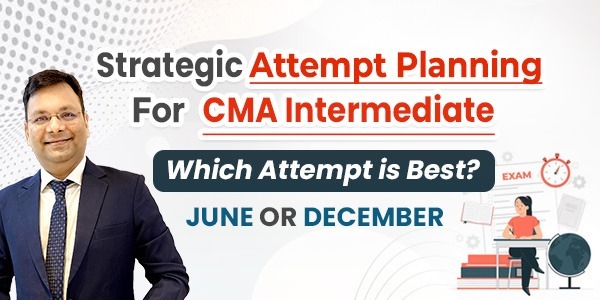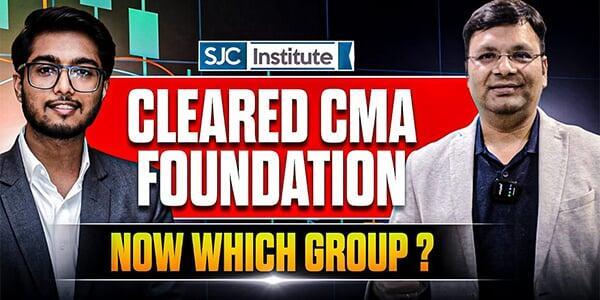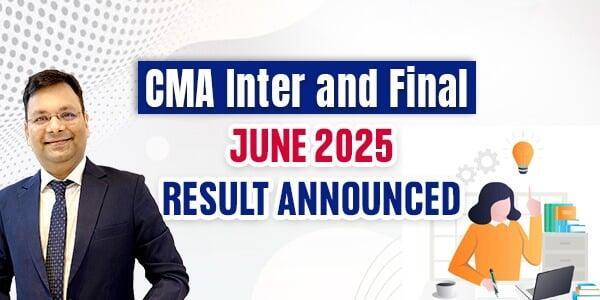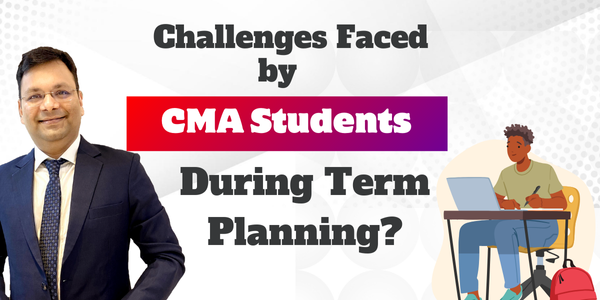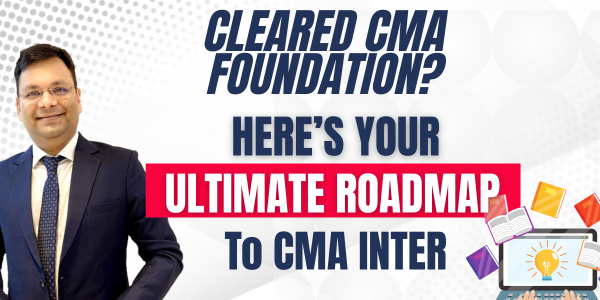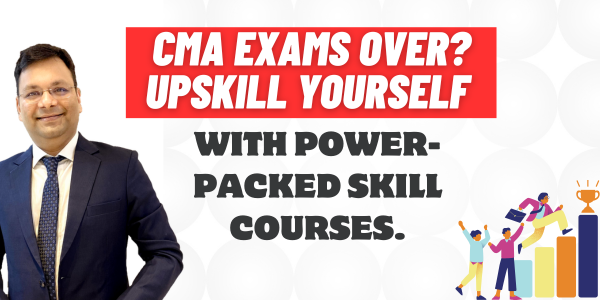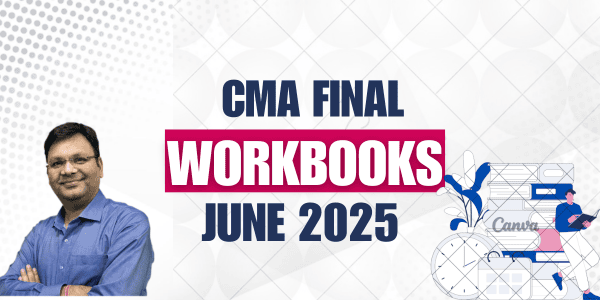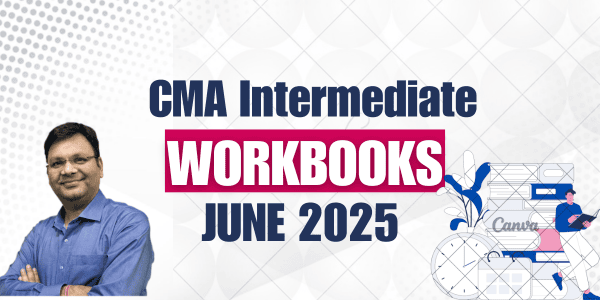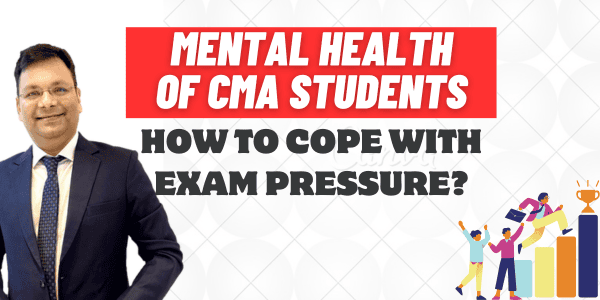- Mock Test Sangram
- Mentorship 1:1
- CMA
- CMA Foundation
- CMA Inter
- CMA Final
- CMA Final Single Subject - Group 3
- CMA Final Single Subject - Group 4
- CMA Final Two Subjects Combo - Group 3
- CMA Final Two Subjects Combo - Group 4
- CMA Final Full Combo - Group 3
- CMA Final Full Combo - Group 4
- CMA Final Single Subject - Group 3 (English)
- CMA Final Single Subject - Group 4 (English)
- CMA Final Course Extension
- CMA Final Mentorship Guidance
- CMA Accounts Executive Skill Training Program with Placement
- BPT Chart For CMA Inter & Final Preparation
- CA
- More

